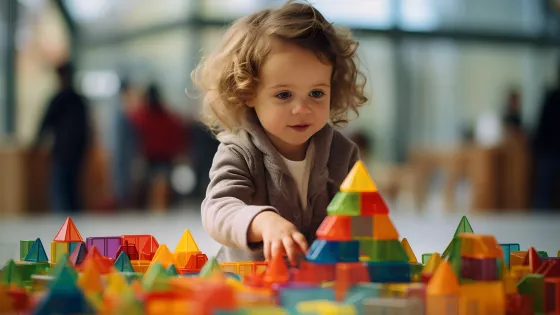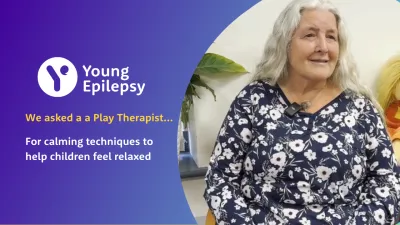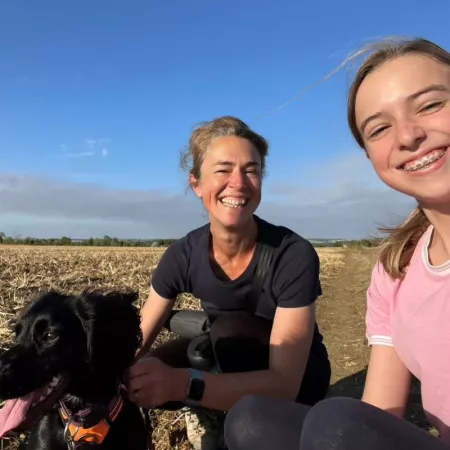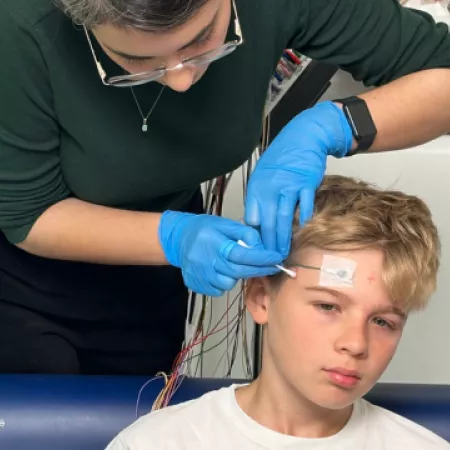When your child is going through testing for an epilepsy diagnosis, it can feel overwhelming for both of you. Hospital procedures and unfamiliar environments can be challenging, especially for young children who may not fully understand what’s happening.
Here are five top tips from Carol, a play therapist at Young Epilepsy, to help support your child through the process.
Top tips to help your child during testing for an epilepsy diagnosis
- Be honest and open: Being transparent with your child about what’s going to happen can help build trust. Explain the tests in simple terms, helping them understand each step. For example, say, “You’ll lie down and a friendly doctor will put a small hat on your head to look inside your brain.” Avoid withholding information, as honesty now will make future visits easier by reducing anxiety and helping your child feel secure.
- Use age-appropriate language: Tailor your language to your child’s age:
- For toddlers (under 3 years), provide lots of cuddles and reassurance since they may not fully understand the procedures.
- For children aged 3-5, offer a simple explanation of what to expect, focusing on sensations (e.g., “They might touch your head”) to prepare them without overwhelming details.
- Children aged 6 and up may need more explanation about why the tests are necessary, so be prepared to answer their questions and provide comfort.
- Incorporate play to reduce anxiety: Role-playing with your child can make the experience less intimidating. Use a cardboard tube as a pretend MRI machine, or a doll with wool “wires” attached to mimic an EEG test. This type of play helps children make sense of the procedures, reduces their anxiety, and empowers them to feel more in control.
- Research hospital resources together: Many hospitals offer child-friendly resources like stories or videos that explain medical procedures. These resources can help familiarise your child with the environment and steps involved. Some hospitals even have healthcare play specialists who can provide tools and insights to help your child feel more comfortable.
- Plan a reward after the visit: Having something to look forward to after the hospital visit can be a powerful motivator. Consider treating your child to their favourite meal, a visit to the park, or a small toy to reward their bravery and make the experience positive. This gives your child a goal and can make future visits less daunting.
These steps can help create a supportive and less stressful experience for both you and your child during their epilepsy testing journey. Remember, staying calm, honest, and understanding can go a long way in ensuring your child feels safe and understood during this process.
You can find more information on our Play and Positive Behaviour page






